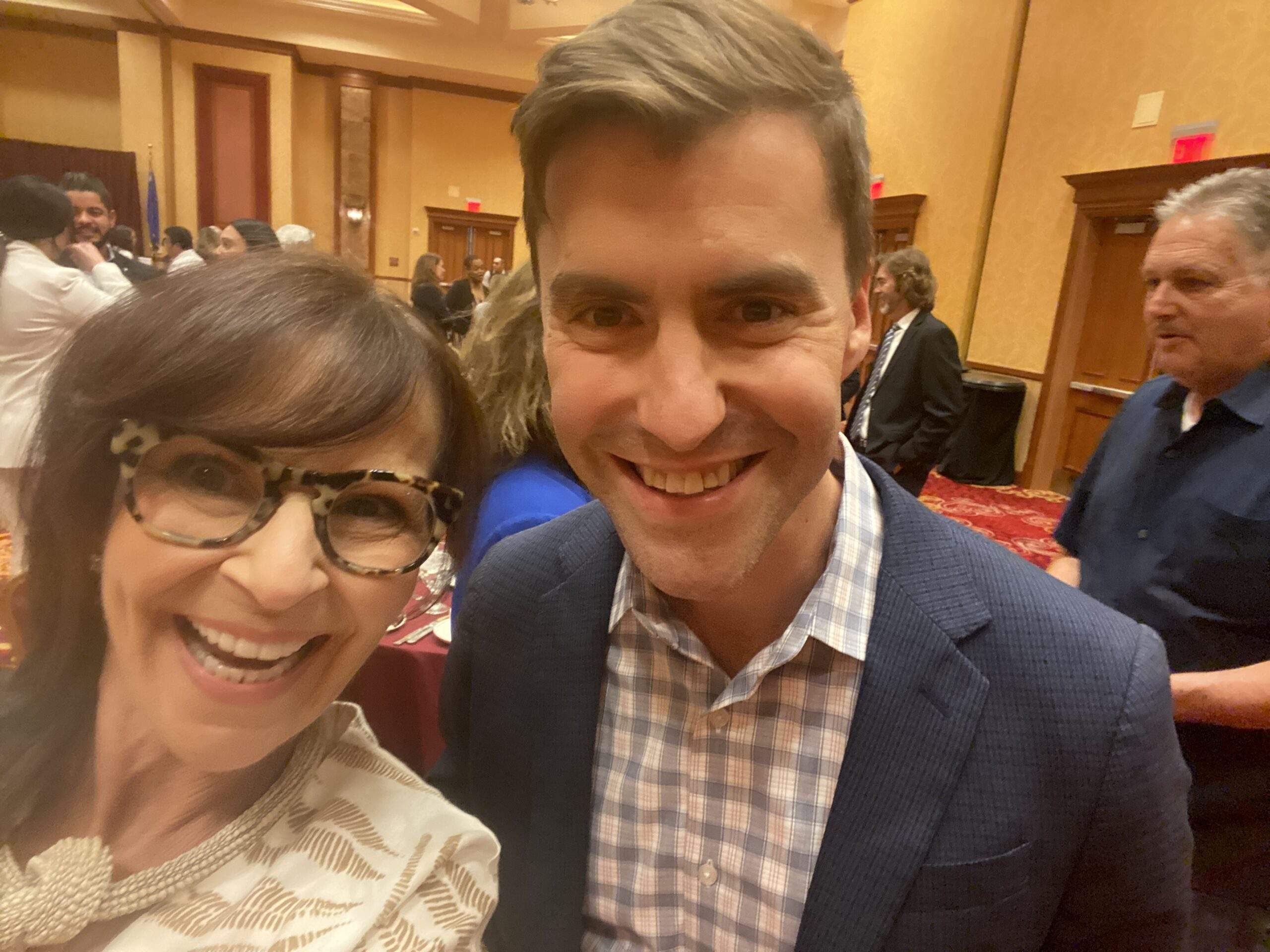 Every time I use the word habit, I think of the Broadway play, Avenue Q. In the play, there are two bears that continually whisper in the ear of the lead character: the good bear whispers positive actions and the bad bear whispers, well, not so positive actions. Each bear is making suggestions on the next actions for the character to take. Habits are like that for me. Some habits are good, some not so good. All habits lead to some action and all actions have an outcome.
Every time I use the word habit, I think of the Broadway play, Avenue Q. In the play, there are two bears that continually whisper in the ear of the lead character: the good bear whispers positive actions and the bad bear whispers, well, not so positive actions. Each bear is making suggestions on the next actions for the character to take. Habits are like that for me. Some habits are good, some not so good. All habits lead to some action and all actions have an outcome.
The current research on habits, however, gives me hope. Instead of attempting to smash not so great habits all at once, the research suggests you work on small changes that cumulatively add up to major changes over time. It was with that research in mind, that I developed a process for a class I am currently teaching, Before Abundance: Developing the Habits of Success.
The main habits of success I focus on in the class are a group of individual personal development habits that include developing gratitude, selected inspirational reading, journal writing, and quiet reflection . All of these habits are practiced for a suggested 10 minute period to start (longer is always better), for an initial period of 28 days. That period of time is just enough to get you started on the new habit of daily reflection and not so much time to make you feel you have an excuse not to start.
Success Habit to be Developed: Personal Reflection Time Each Day
Length of Habit Change Process: 28 days
Focus: For the period of 28 days, pick one area in your life you would like to see improvement: job, finances, health, relationships, etc. You do not have to set a goal in that area, just a general focus of the improvement you would like to see.
Readiness Change Activity: For the period of the Habit Change Process (28 days), start the day brushing your teeth with your non-dominate hand. If you usually hold your toothbrush in your right hand, for the period of the change process, use your left hand.
Process: Each morning invest 10 minutes writing three “I am grateful…” statements, reading an inspirational passage, and sitting in quiet reflection.
Potential Outcomes: Increased awareness of a mundane life activity (tooth brushing), experience of controlling your thoughts instead of your thoughts controlling you, and potential new habit that has been proven to positively improve all areas of life (daily reflection).
Habits are about creating discipline. Success is about discipline. Daily reflection is a proven discipline of a more satisfying life.
By the way, just so you know I am being honest, it takes a lot longer to establish a good habit than 21 – 28 days, which is a wonderful urban legend. Habits are about change, and you must start a change process to have an different end result. 21 – 28 days is as good a place to start as anywhere. Enjoy these two articles if you would like to learn more about how the 21-28 day change myth got started.
In this week of Thanksgiving in the United States, I want to end by saying a big cyber THANK YOU to all my faithful readers. Your support is deeply appreciated.





Andrea, thanks much for this post. Just recently one of my clients asked if he would be able to shift his life if he stayed with his “homework” for 21 days. I replied that when desiring change, expect it to be an ongoing practice. Naturally, he looked at me with shock in his eyes. I am so pleased you are reminding your readers to keep going–and that by using your tools, they can do just that.
Thank you for your comment. I look forward to informing my class tonight about the real facts of change!